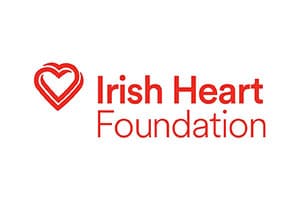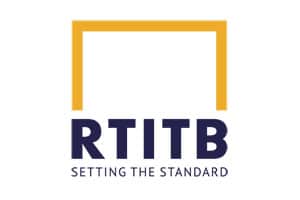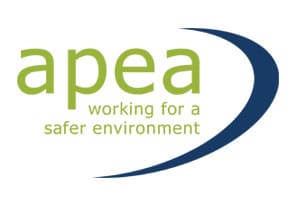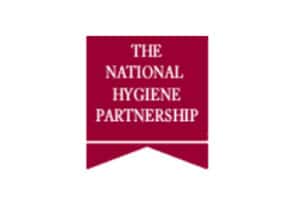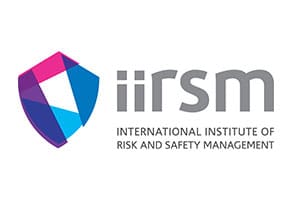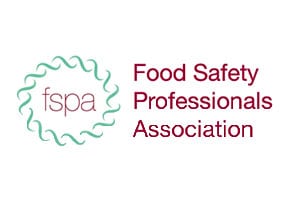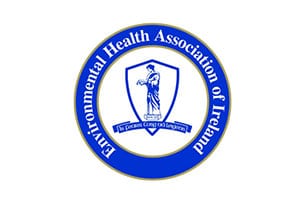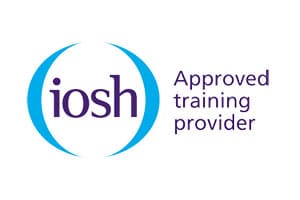As spring approaches, workplaces across Ireland, will face unique safety challenges. With longer daylight hours and milder temperatures, many businesses ramp up outdoor activities, maintenance projects, and site inspections. However, these changes also introduce new risks that must be managed proactively. Proper planning, training, and communication are key to ensuring workplace safety during this seasonal transition.
1. Training for Outdoor Tasks
Spring is a busy time for construction, landscaping, and maintenance work, but these tasks come with hazards such as falls, exposure to harmful substances, and equipment-related injuries. Employers should:
- Provide refresher training on outdoor safety protocols.
- Reinforce best practices for working at heights and using personal protective equipment (PPE).
- Ensure workers are prepared for potential exposure to allergens, sunburn, or sudden weather changes.
2. Conducting Equipment and Site Inspections
After months of winter conditions, equipment and work areas may require thorough inspections before they can be used safely. Consider the following:
- Inspect ladders, scaffolding, and heavy machinery for signs of wear, rust, or damage.
- Check electrical tools and cords for any fraying or malfunctions.
- Clear outdoor workspaces of debris, fallen branches, or water accumulation that could pose tripping hazards.
3. Preparing for Unpredictable Weather
Spring weather in Ireland can be highly unpredictable, with sudden rain showers, strong winds, and occasional temperature drops. Being prepared can help reduce the risk of accidents:
- Monitor weather forecasts regularly and adjust work plans accordingly.
- Provide proper waterproof and high-visibility clothing for employees working outdoors.
- Train workers on emergency response procedures in case of severe weather events.
4. Encouraging Open Communication and Reporting
A proactive safety culture starts with clear communication. Encourage employees to report hazards and suggest safety improvements:
- Hold regular safety briefings to discuss seasonal risks and preventive measures.
- Implement an easy-to-use system for reporting potential hazards or near misses.
- Recognize and reward employees who contribute to workplace safety efforts.
5. Promoting Worker Well-being
Springtime can also bring physical and mental health challenges, from increased allergies to seasonal fatigue. Employers should consider:
- Offering guidance on managing allergies and providing protective gear where necessary.
- Encouraging regular breaks and hydration to prevent fatigue.
- Supporting mental well-being initiatives to help employees stay engaged and productive.
Stay Safe This Spring
By proactively addressing seasonal safety challenges, businesses can create a safer and more efficient working environment. Investing in proper training, equipment checks, and open communication will help ensure that your workforce stays protected throughout the season.
At Safety Matters, we’re committed to helping all types of businesses implement best practices for workplace safety. If you need assistance with training or compliance, get in touch with our team today!
